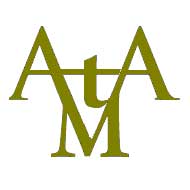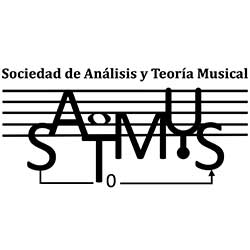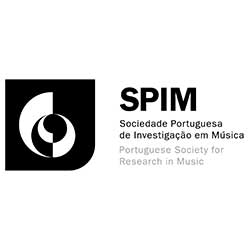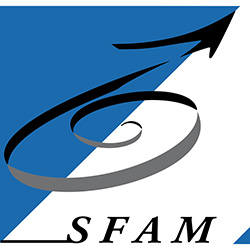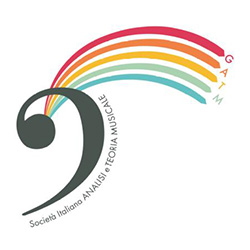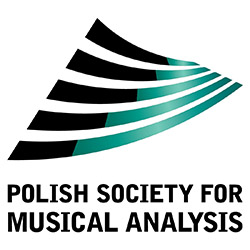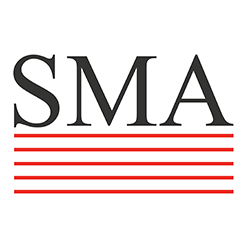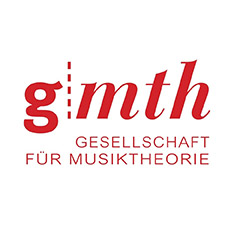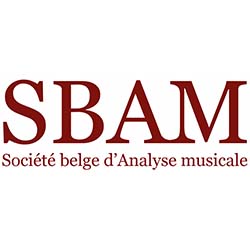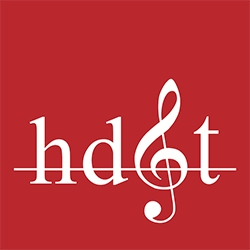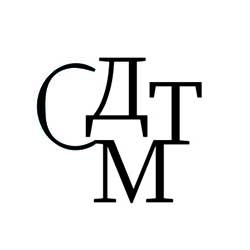EuroMAC 11 Conference
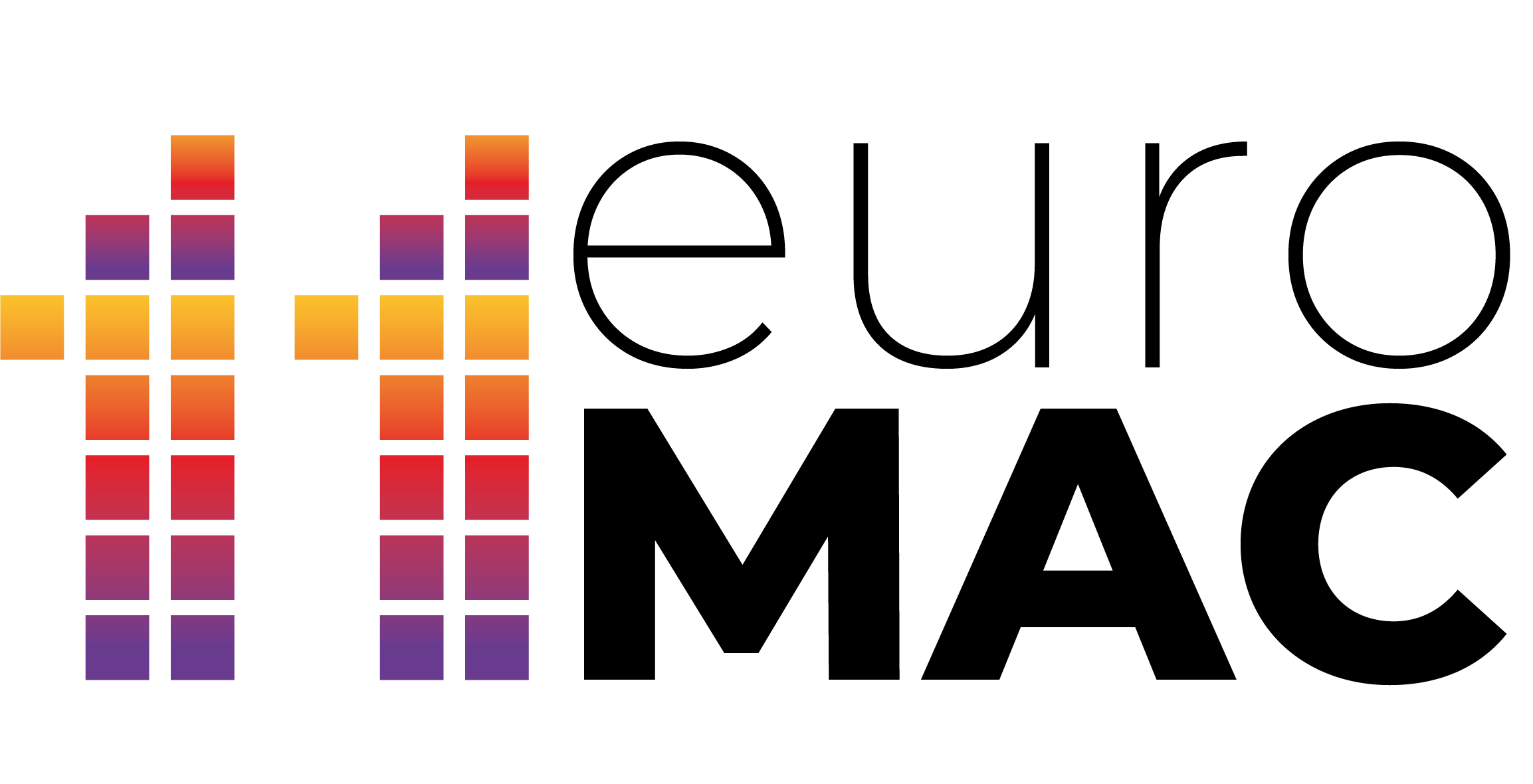
In 2017, during EuroMAC 9 in Strasbourg, T&AM was born as a network gathering nine European societies for music theory and analysis. As of today, the consortium has incorporated five more scientific societies, including the three ones organizing EuroMAC 11. This growth shows the health of our scientific field but also warns us about the risk of scattered actions. For this reason, ATAM, SATMUS, and SPIM decided to jointly work for EuroMAC 11, after a fruitful work meeting held at ESMUC in April 2024.
In addition to the geographical reasons mentioned above, the Iberian Peninsula countries share a strong historical link with Latin America due to our colonial past. We hope that our shared initiative for EuroMAC 11 will also help to reinforce bridges of scientific friendship and collaboration with our peers from the other side of the Atlantic Ocean.
Since its first edition in 1989, EuroMAC has served as a key forum for scholars, researchers, and practitioners in music theory and analysis across Europe and beyond. Over more than three decades, it has reflected the evolution of the discipline—from the consolidation of analytical methods and national societies to the emergence of broader, interdisciplinary, and globally connected approaches. Each edition has contributed to redefining the purposes, languages, and communities of music-analytical research.
EuroMAC 11 in Barcelona will continue this trajectory while asking whether music analysis today stands at a point of crisis or renewed vitality. The conference aims to foster dialogue on the present and future of the discipline, considering both its historical legacies and its evolving intersections with contemporary thought and practice. Three overarching thematic vectors are proposed as possible lenses through which to engage:
1. Ontology – The Nature of the Discipline.
What does it mean to do music theory and analysis in 2026? Does the current diversification of approaches represent a fragmentation of the field or the consolidation of a new interdisciplinary domain?
2. Impact – Music Analysis and Today’s Challenges.
How do global transformations—climate crisis, social and cultural inequalities, migration, shifting identities, digitalization, and artificial intelligence—reshape analytical concerns? And conversely, how might the practices and epistemologies of music analysis inform our understanding of these challenges?
3. Pragmatics – Objects, Mediation and Education.
How are changes in music’s social functions, modes of dissemination, and technologies of listening and learning affecting the analytical object itself, as well as the pedagogies and research methods of the discipline?
By articulating these questions, EuroMAC 11 seeks to reaffirm the conference’s dual mission: to represent the diversity and excellence of music-theoretical research in Europe, and to offer a space for collective reflection on its epistemological, cultural, and institutional futures.
ESMUC will celebrate its 25th anniversary in September 2026. During these days, it has not only consolidated its role as a higher education center in music—the only publicly funded institution of its kind in Catalonia—but has also gained significant international recognition and projection.
ESMUC is currently engaged in a range of international initiatives and programs, notably the European University Alliance In.Tune—the only alliance dedicated to music and the arts—together with seven other universities from Northern, Eastern, and Western Europe. The institution is also a member of the European Association of Conservatoires, Academies and Schools of Music (AEC); ELIA, the European network for higher arts education and research; and the International Benchmarking Group (IBG), a global network of eleven conservatoires, music schools, faculties, and universities of the arts with two primary objectives: to share best practices and to provide global leadership in music education and training. In addition, ESMUC takes part in Musethica, an international network of projects and concert programs aimed at making classical music accessible to individuals facing personal or social challenges.
Thus, ESMUC’s projection beyond its regional context—at the European and even global level—is one of the school’s core principles. Achieving this requires a combination of many factors in multiple directions: presence in forums, networks, and projects; internationalization of its academic offer, faculty, and student body; and active participation in debates on the future of music education.
In addition, the participation in and organization of high-level academic events, such as the EuroMAC conference, reflects the institution’s commitment to scientific research, which is increasingly consolidated at an institutional level.
Chairs
Organizing Committee
To be announced
Permanent Scientific Committee
T&AM Reading Panel
Associació de Teoria i Anàlisi Musical (ATAM)
Ramon Andreu, Félix Pastor, Pedro Purroy, Eduard Resina, Montserrat Torras
Българско Cдружение за Mузикална Tеория (BSМТ)
Milena Bozhikova, Bozhidar Chapkanov, Emilia Kolarova, Ivan Penev, Vladimir Popov
Gesellschaft für Musiktheorie (GMTH)
Wendelin Bitzan, Juliane Brandes, Laura Krämer, Benjamin Lang, Pierluca Lanzilotta, Tobias Tschiedl
Hrvatsko Društvo Glazbenih Teoretičara (HDGT)
Vito Balić, Martina Belković, Tomislav Bužić, Ivan Ćurković, Nikolina Matoš, Ingrid Pustijanac, Davorka Radica
Общество Теории Музыки (OTM)
Anna Amrakhova, Natalia Efimova, Olga Loseva, Tatiana Naumenko, Alexey Panov, Daniil Shutko, Irina Susidko, Tatiana Tsaregradskaya, Konstantin Zenkin
Polskie Towarzystwo Analizy Muzycznej (PTAM)
Agnieszka Draus, Iwona Lindstedt, Katarzyna Naliwajek, Renata Skupin
Sociedad de Análisis y Teoría Musical (SATMUS)
Octavio A. Agustín Aquino, María Elena Cuenca, Alicia Díaz de la Fuente, Santiago Galán, Cristóbal García Gallardo, Diego García Peinazo, Joan Grimalt, Sergio Lasuén, Margarita Lorenzo de Reizábal, Juan David Manco, Sofía Martínez Villar, Yvan Nommick, Olga Sánchez-Kisielewska
Société Belge d’Analyse Musicale (SBAM)
Fabian Balthazar, Anne-Emmanuelle Ceulemans, Viviane Mataigne, Nicolas Meeùs
Српско друштво за музичку теорију (SDMT)
Marko Aleksić, Senka Belić, Zoran Božanić, Nataša Crnjanski, Milena Medić, Srdjan Teparic, Danijela Zdravić Mihailović
Società Italiana di Analisi e Teoria Musicale (SIATM – GATM APS)
Anna Maria Bordin, Gabriele Cecchetti, Matteo Farné, Catello Gallotti, Cristina Ghirardini, Antonio Grande, Francesca Guerrasio, Marcello Piras, Egidio Pozzi, Fabio De Sanctis De Benedictis, Marco Targa, Giovanni Vacca, Stefano Zenni
Société Française d’Analyse Musicale (SFAM)
Claude Abromont, Muriel Boulan, Jean-Marc Chouvel, Frédéric Dufeu, Philippe Gantchoula, Mylène Gioffredo, Marie-Noëlle Masson, Marc Rigaudière, Clotilde Verwaerde
Society for Music Analysis (SMA)
Esther Cavett, Oliver Chandler, James Donaldson, Annika Forkert, Julian Horton, Ian Pace, Christopher Tarrant, Benedict Taylor
Sociedade Portuguesa de Investigação em Música (SPIM)
Gilberto Bernardes, Paulo Ferreira de Castro, Miguel Borges Coelho, Filipa Magalhães, Telmo Marques, Daniel Moreira, Nádia Moura, Paulo Perfeito, Isabel Pires, Ana Telles, Riccardo Wanke
Vereniging voor Muziektheorie (VvM)
Patrick van Deurzen, Job IJzerman, Karst de Jong, Clemens Kemme, John Koslovsky, Bert Mooiman, Inge Pasmans, Ralf Pisters, Paul Scheepers, Patrick Schenkius, Michiel Schuijer, Ida Vujovic

